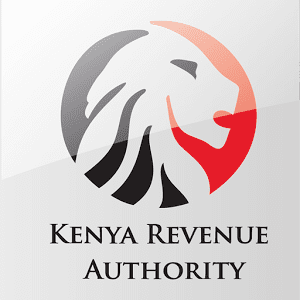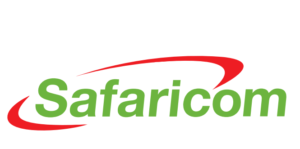According to Kenyan Wallstreet, the Kenya Revenue Authority has improved the process of acquiring tax compliance certificates for Kenyans.
The KRA says, taxpayers will now have a better experience applying for the compliance documents. The government body in addition, will be able to issue the certificates within a shorter time.
Under the new system, the KRA will automatically check tax compliance status using data from iTax. Applicants who have not complied with the KRA rules will not be able to proceed with their application until they resolve all outstanding matters. The revenue collecting agency, advises taxpayers to pay their tax liabilities on time and file their returns before the set deadline of 31st June 2019.
In addition, The Kenya Revenue Authority (KRA), has revised the interest rate used in the calculation of Fringe Benefits Tax and Deemed Interest, reducing it to 7 percent from the 8 percent previously set in October 2018. The new rate will apply in April, May, and June 2019.

The Kenya Revenue Authority (KRA) has also advertised the position of Commissioner General following the anticipated exit of the current Commissioner General, John Njiraini.
The KRA in an advert, stated that candidates seeking to replace Mr Njiraini have until 26th April 2019, to apply for the position. The successful candidate will be chosen in June 2019.
John Njiraini has held the position since March 2012, after he replaced Michael Waweru who retired from his seat.
Before assuming the commissioner general’s office, he headed the Domestic Tax Commissioner large Tax payers office.
KRA’s Airtime Tax Collection
As of April 23rd, 2019, new data by the Kenya Revenue Authority (KRA), revealed that its Airtime tax collections reached 19.7 billion Kenyan Shillings in the nine months to March, effectively positioning the Treasury to surpass its performance targets for 2018/2019.
This means that the government is just 1.3 billion Kenyan Shillings short of its 20.2 billion Kenyan Shillings collection target from the Airtime segment for this fiscal year, with three months left.
The Finance Act, 2018 increased excise tax on airtime to 15 percent from 10 percent, setting consumers for more expensive SMS services, data, and call services.
Telecommunications firms, passed down the costs to their users last year, as mobile subscriptions increased to 49.5 million by the end of 2018.
Safaricom (which holds the largest chunk of mobile subscribers in Kenya) in October 2018, announced that it had increased the price of voice calls, data and SMS as it sought to pass on the increased tax to consumers.
After the tax increase to 15 percent and in addition to the already present Value Added Tax (VAT) on mobile services, the Telco giant, raised the cost of calls by 30 cents, and SMS by 10 cents.
In a statement at the time, Safaricom added that “Additionally, we have also reviewed our prices for mobile data bundles, fibre to the building and fibre to the home to effect the new 15 percent excise duty tax on internet,”.
Zuku and Jamii Telecommunications (JTL) had also implemented a price increase on their data and call products in a move that pushed up monthly subscriptions up by between 500 Kenyan Shillings to 700 Kenyan Shillings.



